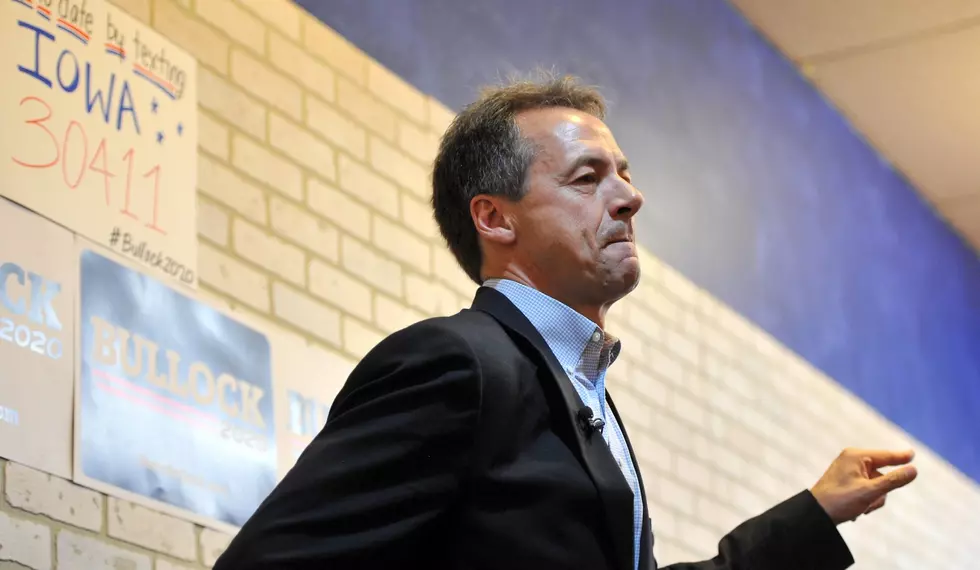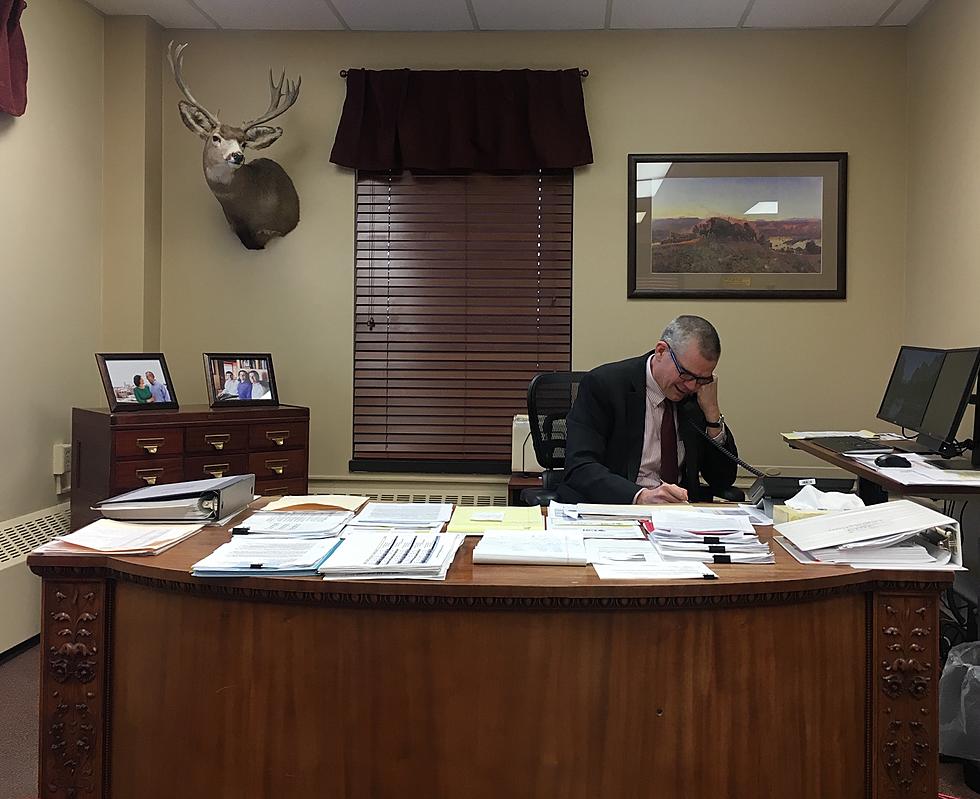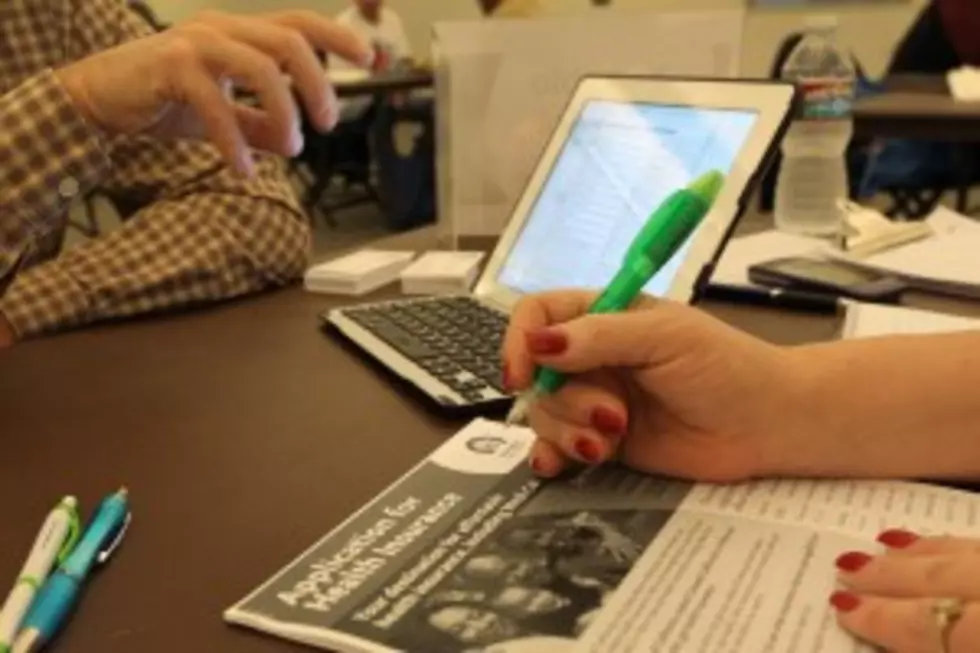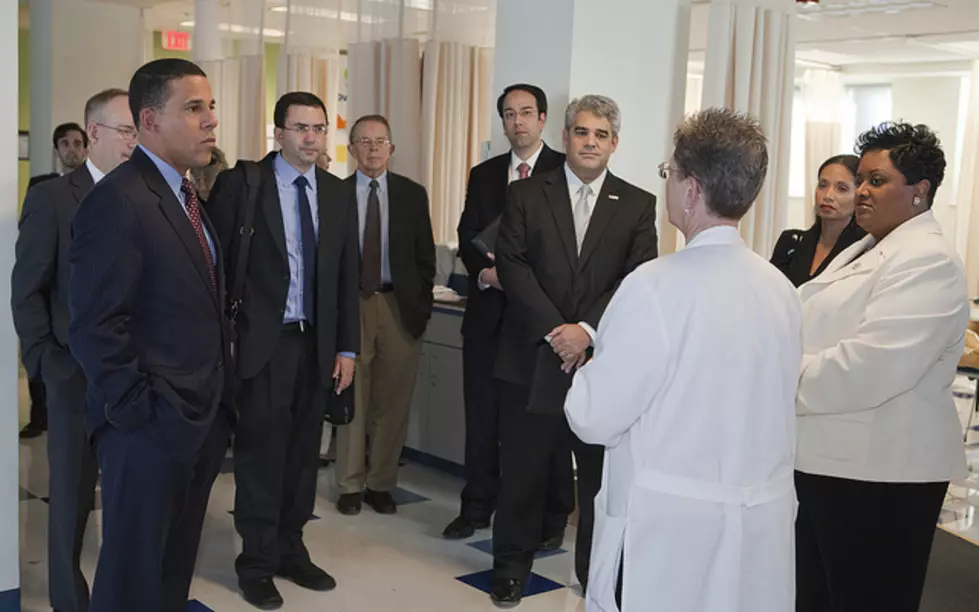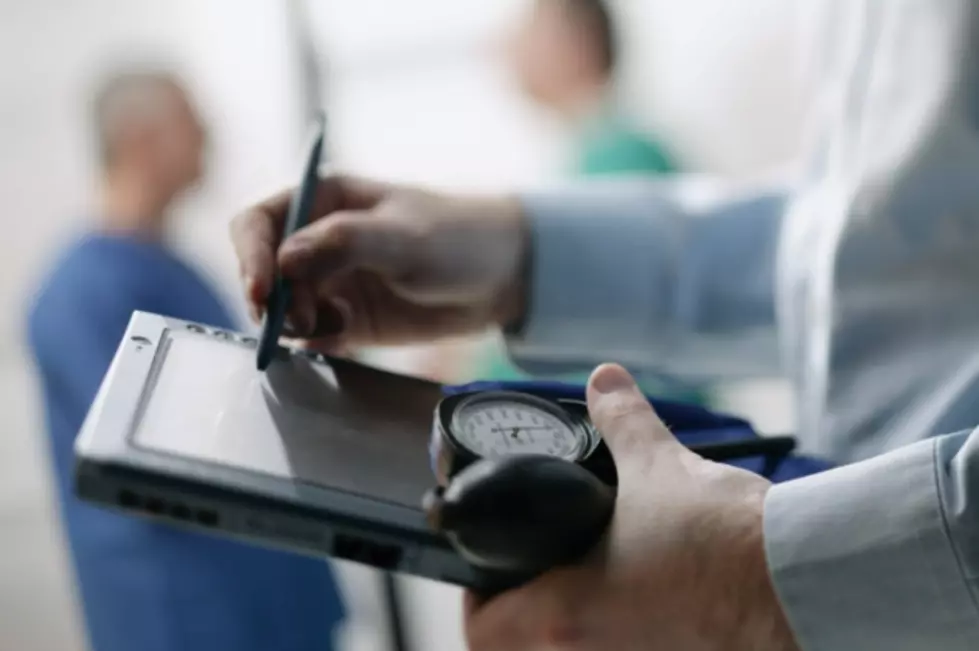
Will We Get What It Takes
When it comes to healthcare in this country, we do have problems.
Our healthcare laws are determined by politicians who are just people like you and I. However, they are in positions of power, where decisions are made based on a variety of factors and interest groups. But somehow there is one group whose interest are simply not factored in any longer – and that is us, the consumer – whether it’s our health, our well-being, or our pocketbooks. Healthcare should mean caring for health but today it focuses deceivingly more on controlling or managing of diseases. Politicians smooth-talk the agendas of the pharmaceutical industry (or their front-man, the FDA), while infiltrating the medical school textbooks and doctor’s offices. And in these fast times, when patients demand instant relief (and would rather not deal with changing their lifestyle), a doctor’s visit usually focuses on the quick reduction of symptoms – not addressing the causes. Treatment is based primarily on options made available through the drug companies. Surgeries may come into play but are frequently unnecessary or ineffective. We are aware of the risks of prescriptions and their side effects and the other flaws in the system, however there still remains this abiding trust in our healthcare institutions. They must be in business to help us get better. Right? But will we? Maybe.
Are we really getting what it takes to get and stay healthy? Well, the current system can’t provide that because, unfortunately, it’s not what they do. Wellness is not part of their toolbox-it was never part of their training through the established medical system. Besides, there are too many specialized physicians and not enough general-practice doctors(1) finishing medical schools today. If interns stay in medical school one year longer in order to specialize, their pay goes way up. But we don’t go to a specialist to actually resolve chronic health problems – we go to get the quick fix so we can function again. But many of us are fed up with just getting by. Growing numbers of health-minded people are wanting to know how to heal their issues at a core level and this often involves going outside “the system.”
Most of the talk was about helping the uninsured. Isn’t that something that could have been covered in, let’s say, 4-5 pages? This bill has 2,000 pages! What else is in it that we’ll never find out about, and that will affect not only us but also the next few generations? The entire debate should not have been about insurance. What else got passed in that law that would have been worth discussing and could possibly have swung the vote? Rumor has it that the legislators didn’t even read all that before voting.
Instead, the emotional cards were played out in the media – showing people and families suffering because they needed expensive treatment but had no insurance. Insurance companies, government-based or otherwise, will not be able to cover everyone’s mishaps or handle the growing epidemics of degenerative disorders that we’re facing. They haven’t been able in the past and they will be even less able to in the future. Universal healthcare strategies haven’t succeeded in other countries and they won’t in this magnificent country either. There simply isn’t enough money collected to pay for these increasingly expensive drugs and these marginally effective treatments.
Two things come to my mind:
1. As a country we need to help those who cannot help themselves, such as war-veterans who have become disabled, people born with birth defects and disabilities, victims of drunk-driver accidents, victims of abuse, etc. Certainly there is a place for social services to help the needy and disenfranchised. Whether that comes from private or public funding remains the ongoing debate.
2. There needs to be more incentive to encourage proactive, healthy behaviors. Imagine a system that stimulates self-care by giving tax-breaks for better lifestyle choices, such as the use of complimentary and alternative medical options (CAM) – a system where less people become sick and dependent.
Can you imagine paying out-of-pocket (as we already do) for preventative measure such as a gym membership, a monthly massage, an acupuncture treatment, organic foods or nutritional supplements, a chiropractic, homeopathic, or naturopathic visit, etc., but keeping our receipts and deducting those expenses from our income before taxes? With incentivized self-healthcare, our overall health picture would start to look better whereas now these healthy choices are considered luxuries and eliminated first when financial hard times hit.
A true healthcare system would reward people for taking better care of themselves. More people would choose an active lifestyle and look for alternative treatments. This would build self-esteem and happiness. Less people would suffer from obesity, diabetes, heart disease and cancer. More people would avoid or get off their prescription drugs. Less people would require sick-days or need to rely on expensive insurance coverage. This would free-up money in our pockets to put back into the economy. Yes, let’s imagine it – and strive for it!
There is simply not enough money to keep paying for today’s healthcare. Pharmaceutical companies won’t lower their prices and will never find cures for the very diseases they profit from. Doctors, specialists, and hospitals don’t have Blue Light Specials.
They won’t get paid for prevention education or for keeping people well. Governments or mandatory insurance plans will not help to get people to get healthier either.
While insurance companies need healthy people to pay the high premiums and not use the benefits, costs for the available treatments remain ridiculously over-inflated. Hospital bills show numbers that make no sense, except that they are always higher than expected; yet charging for treatments (even experimental ones) that fail to deliver the promised results. If the government wants to regulate something it should be the billing by medical professionals, because that, in most cases, will determine the insurance premiums. Community fund-raisers can carry the burden only so far in rescuing families that have suffered a catastrophic illness and are on the brink of financial ruin.
Still, the onus remains on us. Only we, ourselves, can lead the way and do what it takes to preserve or regain our health. “We the People” will need to create the groundswell as we empower ourselves (and demand our government) to do more and to do it better. As the awareness of our plight and the desire for change grows, the numbers will start to trickle up because feeling good is infectious!
Will we ever receive what it takes from this broken system to be well? Except for trauma care and other serious circumstances, many of us are deciding how important it is to STAY AWAY from the clutches of our so-called healthcare system!
Let’s resolve in this New Year to take more responsibility for our own well-being. Be proactive. Educate yourself. Look at all your options and make your legislative representatives do the same.
* Jacobus is not a Doctor and does not intent to diagnose, treat or cure any disorder. The information is based on self-study, interviewing experts on his weekly 3-hour Saturday morning Radio Program “Gesundheit! With Jacobus”, which runs from 8-11, on AM 1450-KMMS and AM 1340 KPRK, and on feedback received from retail customers visiting his dietary supplements retail store Gesundheit! Nutrition Center at 2855 N. 19th Avenue, Suite N, in Bozeman (585-4668). If in doubt please visit a professional of your own choice and/or educate yourself with available published materials.
2011
[1] See book by Robert A. Linden, MD, FACP: The RISE & FALL Of The AMERICAN MEDICAL EMPIRE – A Trench Doctor’s View of the Past, Present, and Future of The U.S. Healthcare System.
More From KMMS-KPRK 1450 AM


